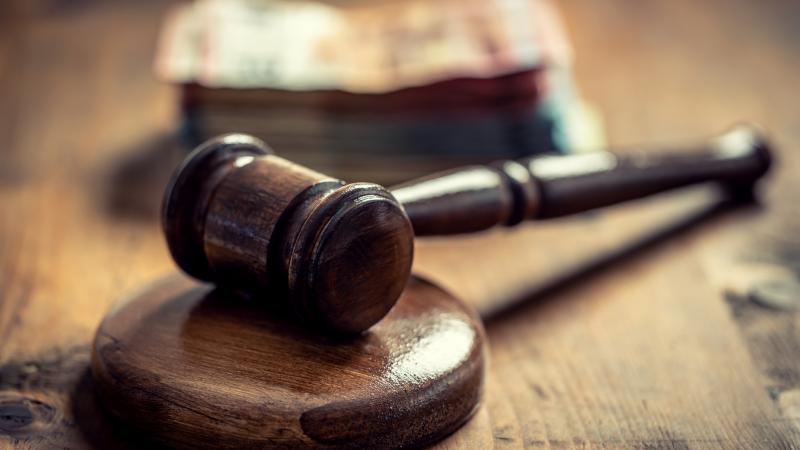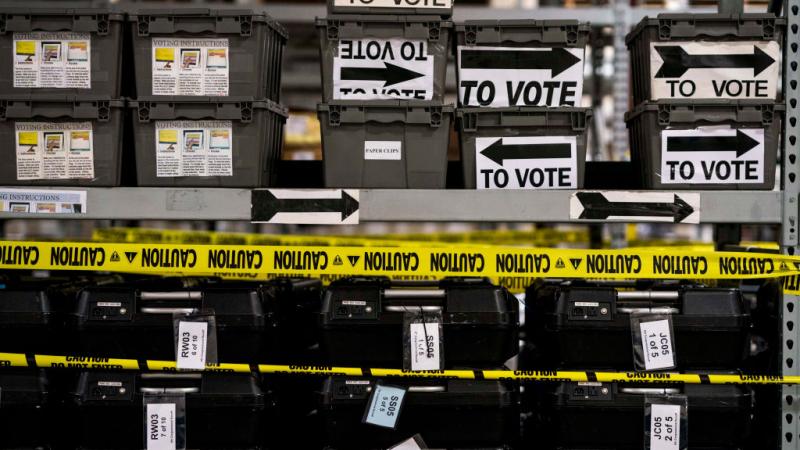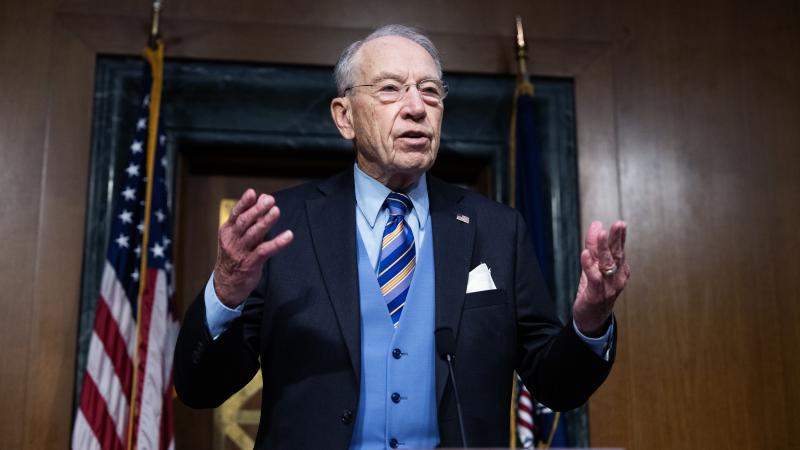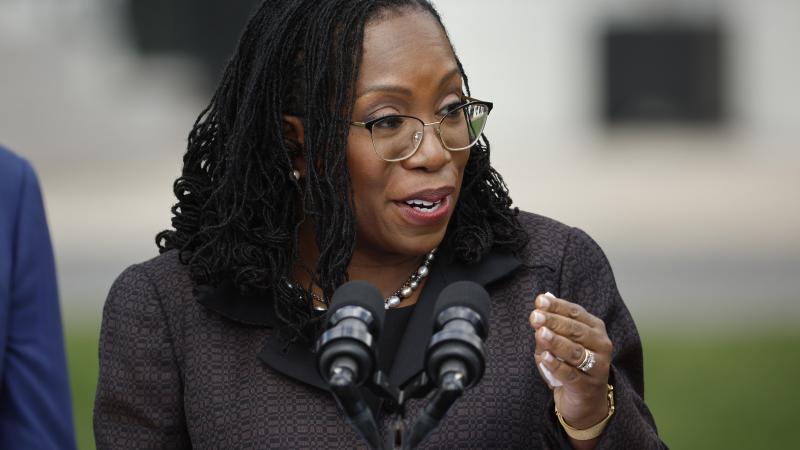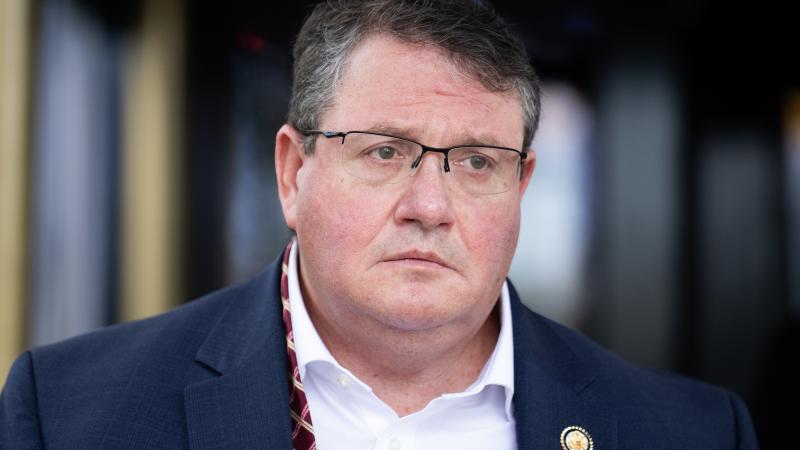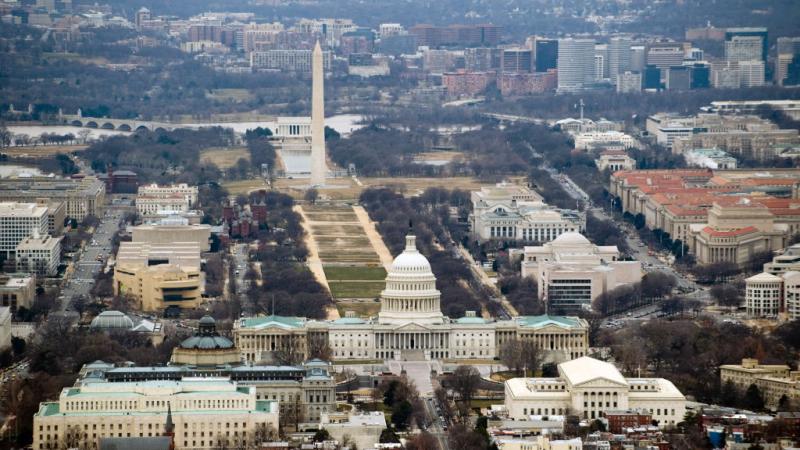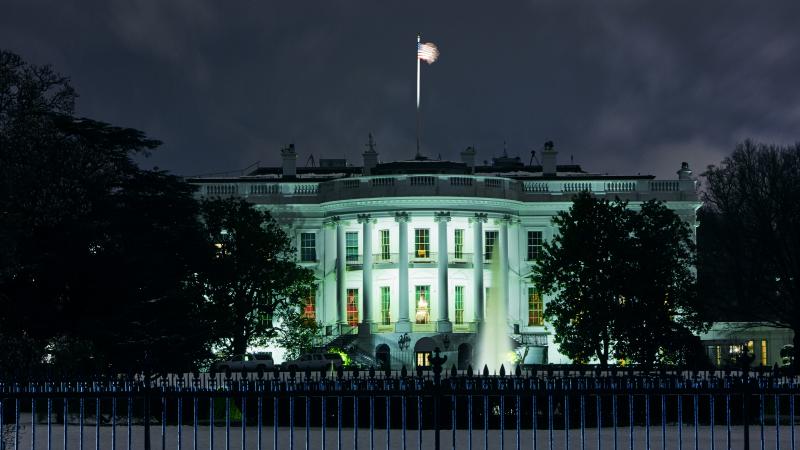Comey blames 'ambiguous' question for indictment over alleged lie, but his answer was unequivocal
His own FBI often used "process crimes" to get at Trump-allied people, but now James Comey’s lawyers say congressional testimony at the center of ex-FBI director’s indictment was muddied by “confusing” and “ambiguous” questioning.
Former FBI Director James Comey is urging a federal court to dismiss the denied charges against him for false testimony to Congress in a 2020 hearing by arguing that the questions he answered were ambiguous. At the same time, a review of Comey’s testimony at the time appears unequivocal.
In a new filing with the Federal District Court in Alexandria, Virginia on Thursday, Comey’s lawyers argued that Sen. Ted Cruz’s questions to Comey were “confusing" and "fundamentally ambiguous.” They said Comey’s response to these questions was “literally true” and therefore cannot support a conviction.
Comey was indicted by a federal grand jury last month for allegedly lying to Congress when he denied authorizing FBI leaks to the media, Just the News previously reported. Multiple sources told Just the News that Comey had been charged for authorizing his personal adviser and friend Daniel Richman to leak to the press and then misleading the Senate about it.
The grand jury indictment against Comey
The indictment, formulated by the Trump Justice Department and approved by a grand jury, originates from allegations that Comey misled the Senate during his testimony in late September 2020, when he reiterated his May 2017 denial that he had ever authorized an FBI leak of information to the media about the Trump-Russia investigation or Clinton-related investigations. The indictment also alleged that Comey had obstructed Congress by lying to the Senate.
The charges against Comey center around the claim that Richman, who was a special employee of the FBI during the 2016 election, assisted Comey with leaking the so-called “Comey Memos” to the New York Times in 2017 after Comey's firing by President Donald Trump. Richman’s efforts to do so were already public knowledge by 2017.
The leak was apparently an effort by Comey to prompt the appointment of a special counsel to carry on the bureau’s Trump-Russia investigation, which proved to be baseless. Comey has described Richman as a “friend”to investigators, and Richman also went on to be Comey’s personal attorney.
At Comey’s direction, records show Richman was made a special government employee in 2015 through early 2017, where he allegedly spoke with the press to help shape news stories in Comey’s favor, although Richman has said Comey never asked him to talk to the press, Just the News previously reported.
Comey’s alleged leaking, and Richman’s role in the allegations, were investigated by the FBI’s Arctic Haze and Tropic Vortex classified leaks inquiries, which were reviewed by then-U.S. Attorney John Durham. However, Comey never faced any criminal charges at the time.
Cozy arrangement with NYT reporter
Earlier this summer, Just the News reported that Comey told FBI agents during one of those internal probes that he used a special conduit to a Pulitzer Prize-winning New York Times writer in his bid to polish his image and push for a special prosecutor to take down Trump.
Richman admitted to agents that he often communicated on behalf of Comey with Times reporter Michael Schmidt, whose work was part of the newspaper’s Pulitzer-winning stories on Russia collusion. The goal, Richman told the FBI, was “to correct stories critical” of Comey and the FBI and to “shape future press coverage.”
Just the News also reported this summer that federal prosecutors gathered evidence from more of Comey's top lieutenants that he authorized the leak of classified information to reporters just before the 2016 presidential election but ultimately declined to bring criminal charges.
Comey's lawyers: "Literally true" answers given
In a 2017 Senate hearing, Comey was asked by senators about whether he personally had been an anonymous source to the media about investigations into either the Trump campaign or the Hillary Clinton email server or whether he authorized anyone else to be one. He categorically denied both counts.
“Never,” Comey told Sen. Chuck Grassley when asked whether he had been a personal source. “No,” he replied when asked whether he had ever authorized anyone else to leak information to the media.
Then in a 2020 hearing, Comey doubled down on his testimony. “I stand by the testimony you summarized that I gave in May of 2017,” Comey told Sen. Ted Cruz when he asked about the ex-director’s prior testimony.
Comey’s lawyers say that Cruz’s line of questioning was “lengthy” and “confusing.”
“[After] speaking for more than a minute, Senator Ted Cruz asked Mr. Comey to recall statements he had made three years earlier and to simultaneously address statements that Senator Cruz incorrectly claimed were made by Andrew McCabe, the former Deputy Director of the Federal Bureau of Investigation (FBI),” Jessica N. Carmichael, one of his lawyers wrote in the Thursday filing.
“Viewed in context, Senator Cruz’s questions cannot form the basis for a violation of Section 1001(a)(2) because they were fundamentally ambiguous. And, regardless, Mr. Comey’s answers to them were literally true,” they later argued.
A group of university professors filed an amici brief — unusual in a trial court — supporting Comey's motion to dismiss the case, saying, "Mr. Comey’s prosecution poses a grave threat to prosecutorial independence and the rule of law in the United States." The amici's filing was allowed by order of United States District Judge Michael S. Nachmanoff, a Biden appointee.
The court has scheduled a hearing on the dismissal motion for November 5, 2025.
